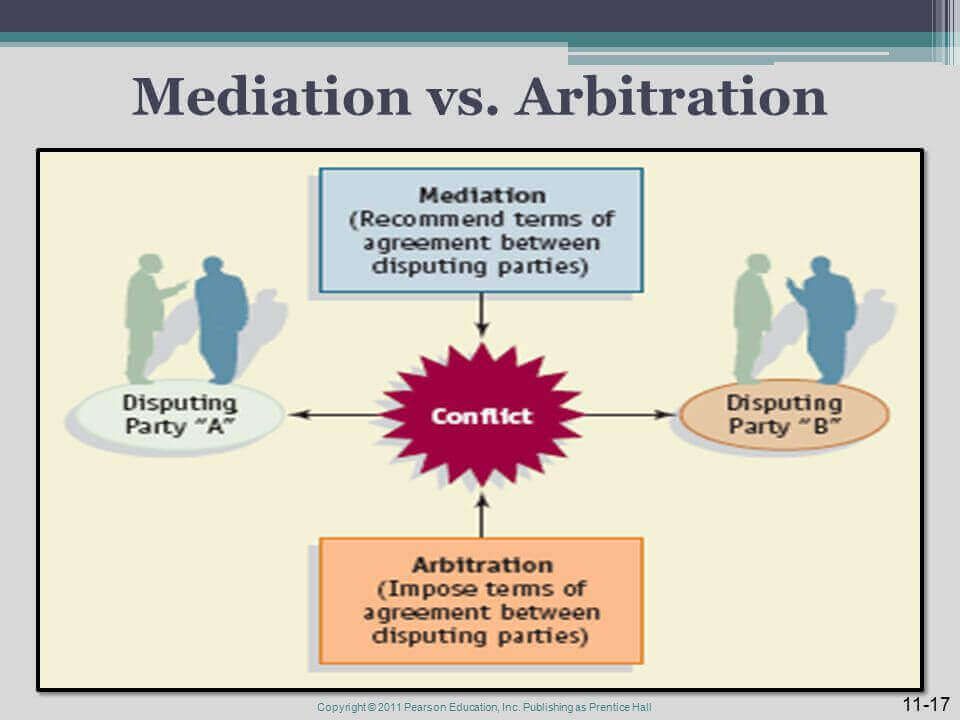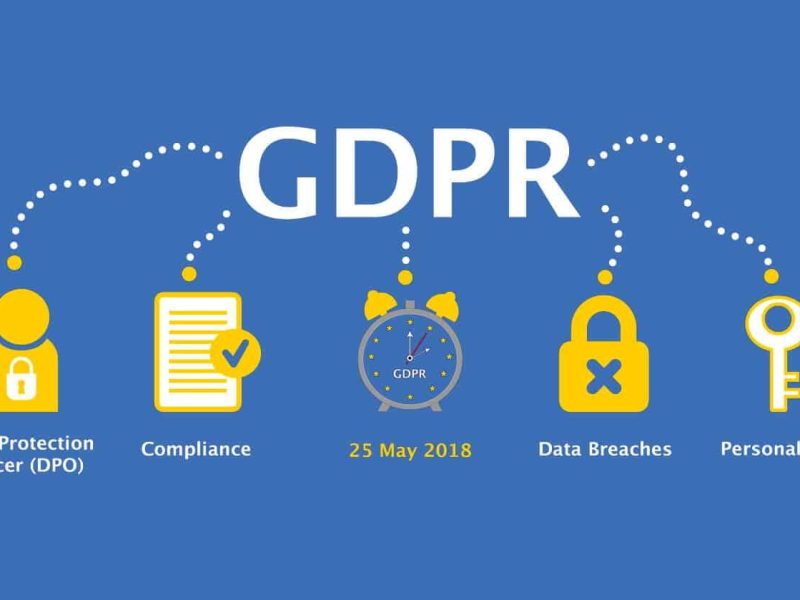When it comes to resolving business disputes, there are two primary methods that companies can turn to: mediation and litigation. Both approaches have their pros and cons, and understanding the differences between them can help businesses make the best decision for their specific situation. In this article, we will explore the benefits and drawbacks of mediation and litigation, and provide guidance on when each method may be most appropriate.
Mediation: A Collaborative Approach
Mediation is a form of alternative dispute resolution that involves a neutral third party, known as a mediator, who helps facilitate communication and negotiation between the parties involved in the dispute. Unlike litigation, mediation is a voluntary and confidential process that focuses on finding a mutually acceptable solution rather than assigning blame or determining fault.
One of the primary benefits of mediation is its collaborative nature. Instead of engaging in a courtroom battle, parties work together to come to a resolution that is agreeable to all involved. This can help preserve relationships and allow for more creative solutions to be explored. Additionally, mediation is often faster and less costly than litigation, making it an attractive option for businesses looking to resolve disputes efficiently.
However, mediation does have its limitations. Because the process is voluntary, there is no guarantee that a resolution will be reached. If one party is unwilling to cooperate or compromise, mediation may not be successful. Additionally, the informality of the process means that there is no official record of the proceedings, which can make it difficult to enforce any agreements that are reached.
Litigation: A Legal Battle
Litigation, on the other hand, involves taking a dispute to court and allowing a judge or jury to make a legally binding decision. This process is generally more adversarial than mediation, with each party presenting evidence and arguments to support their case. While litigation can be a lengthy and costly process, it can also provide a sense of finality and clarity that mediation may not offer.
One of the major benefits of litigation is that it allows parties to seek legal remedies, such as damages or injunctions, that may not be available through mediation. Additionally, because the decision is made by a judge or jury, there is a higher likelihood of enforcement if one party fails to comply with the judgment.
However, litigation also has its drawbacks. The formal nature of the process can strain relationships and increase animosity between the parties involved. Additionally, the cost and time involved in litigation can be prohibitive for many businesses, making it a less attractive option for companies looking to resolve disputes quickly and cost-effectively.
Choosing the Right Approach
When deciding between mediation and litigation, businesses should consider a number of factors, including the complexity of the dispute, the willingness of the parties to cooperate, and the desired outcome. In some cases, mediation may be the best option for quickly and amicably resolving a dispute, while in others, litigation may be necessary to ensure that legal rights are protected.
Ultimately, the decision to pursue mediation or litigation will depend on the specific circumstances of each case. By carefully weighing the pros and cons of each approach, businesses can make an informed decision that will help them effectively resolve their disputes and move forward with confidence.
Regardless of the method chosen, it is important for businesses to seek the guidance of experienced legal professionals to ensure that their rights are protected and that the resolution process is conducted in a fair and efficient manner.
Are you facing a business dispute and unsure of the best way to proceed? Contact us today to learn more about how we can help you navigate the complex world of mediation and litigation and find a resolution that works for you.


